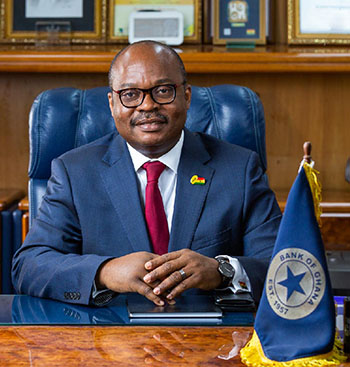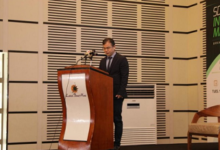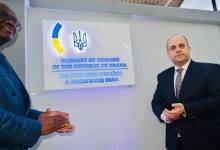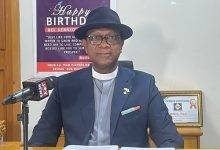
The Bank of Ghana (BoG) says it is ready to support this year’s budget with GHC10 billion to address the gap inview of the revenue shortfalls occasioned by the COVID-19 pandemic.
According the BoG, the COVID-19 pandemic has put a severe strain on the budget, manifesting in petroleum revenue shortfalls as a result of plunging crude oil prices, shortfalls in import duties, other tax revenues and non-tax revenues.
The Governor of the BoG, who disclosed this in Accra yesterdayat the 94th Monetary Policy Committee press briefing, said preliminary assessment of the economy showed that the financing gap estimated prior to the application for the International Monetary Fund (IMF) Rapid Credit Facility in March had widened significantly.
This, he said had resulted in a large residual financing gap and thus there was the need for the BoG to support the government to implement the budget.
“Under the circumstances and in line with the section 30 of the BoG Act, 2002 (Act 612), as amended, the BoG of has triggered the emergency financing provisions, which permits the Bank to increase the limit of BoG’s purchases of government securities in the event of any emergency to help finance the residual financing gap,” he said.
The Minister of Finance, Ken Ofori-Atta in a statement to Parliament on March, 2020 said the government would need GHC11.4 billon to address the budget gap.
He explained that the current market conditions in the wake of the pandemic, would not allow the financing gap of this year’s budget from domestic debt capital markets without significantly increasing interest rates.
Dr Addison indicated that already, the BoG under its Asset Purchase Programme had purchased the government COVID-19 relief bond with a face value of GHC5.5 billion at the Monetary Policy Rate with a 10-year tenor and a moratorium of two years.
“The Bank stands ready to continue with its Asset Purchase Programme up to GHC10 billion in line with the current estimates of the financing gap from the COVID-19 pandemic,” he said.
Asked if the decision to finance the government would not contravene a Memorandum of Understanding (MoU) the BoG signed with the International Monetary Fund (IMF) after Ghana had signed on to the IMF Extend Credit Programme, the Governor said the MoU which was to end this year had been suspended to enable the BoG participate in the country’s debt market.
Dr Addison said analysis done by the BoG indicated that Ghana‘s economy would grow between two and 2.5 per cent due to the novel coronavirus outbreak, far below the 6.8 per cent the World Bank predicted.
The Governor disclosed that to increase credit to key sectors of the economy, the BoG had initiated a number of initiatives to support Special Deposit Institutions (SDIs) includingSavings and Loans Companies and Finance Houses.
To this end, he said, the BoG had activated section 46 (A) of the BOG Act 2002 (612) as amended, to provide liquidity support to Savings and Loan and Finance House Companies facing temporary liquidity challenges.
Dr Addison did not disclose how much the BoG would advance to the SDIs when asked, saying that the bank was now deciding on the amount.
“Eligibility for this facility and the terms and conditions upon which it will be granted will be based strictly on the provision of section 46 A and BoG’s updated liquidity support framework,” he said, adding that the eligibility criteria included good corporate governance and SDI which was solvent.
In addition, Dr Addison said the BoG would strengthen the capacity of the ARB Apex Bank to provide liquidity support for rural and community banks facing temporary liquidity challenges in line with a framework to be agreed.
BY KINGSLEY ASARE







